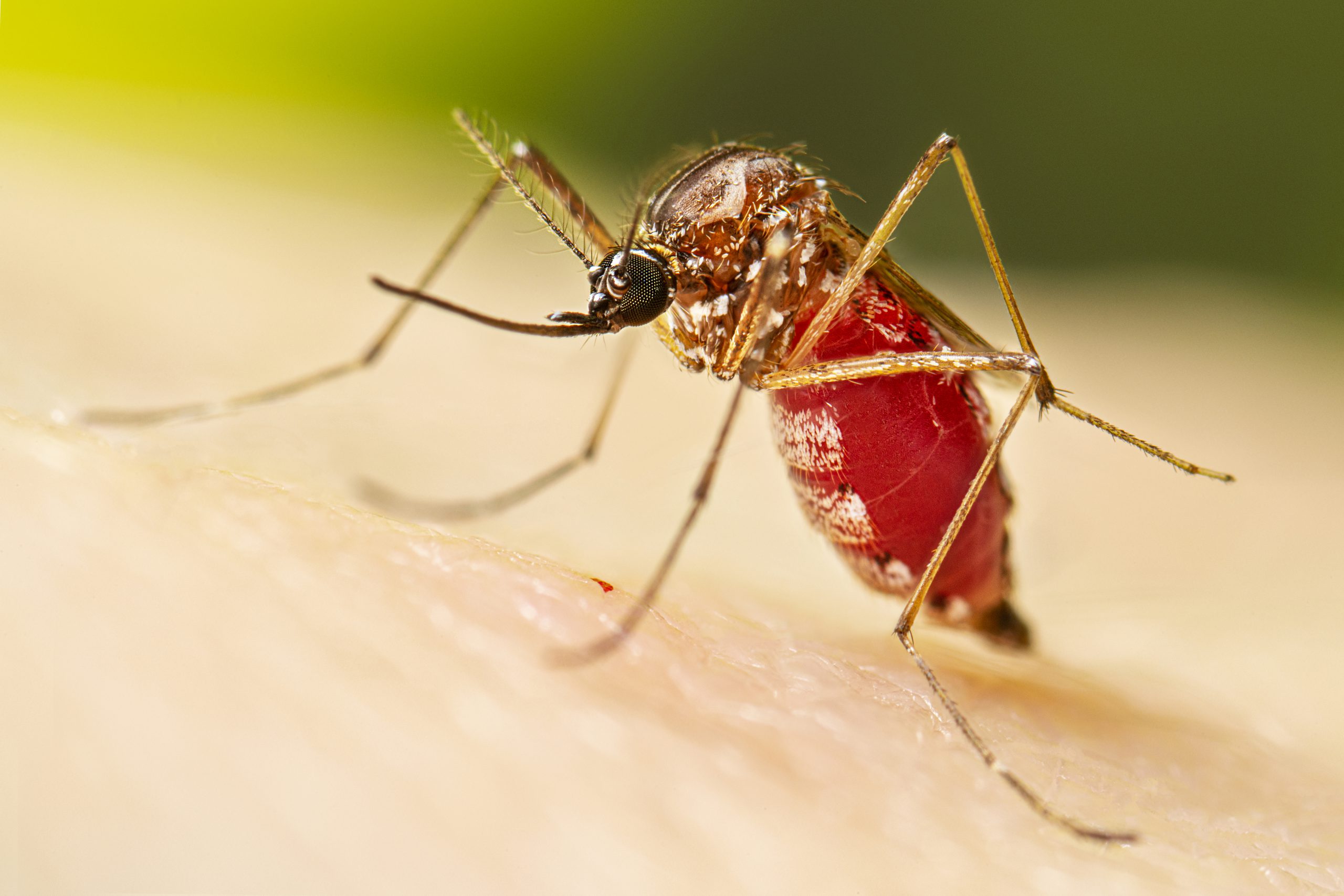January 30 is World Neglected Tropical Diseases (NTD) Day, an occasion to shed light on the 20 diseases and disease groups whose public health burden is often neglected by authorities and decision-making bodies. NTDs pose a significant threat to the health and well-being of more than 1.6 billion people globally, with the most vulnerable communities being disproportionately affected. Remarkably, 80% of this burden falls on the shoulders of just 16 countries.
The last few years witnessed several outbreaks of NTDs, including dengue, chikungunya, and scabies. Dengue, a viral infection transmitted primarily through infected female Aedes aegypti mosquito, has experienced a notable spread. According to the World Health Organization (WHO), 2023 saw a global surge in dengue cases, marked by a significant increase in the number, scale, and simultaneous occurrence of multiple outbreaks. The WHO’s recent assessment highlighted the high global risk of a dengue epidemic spread, considering the increasing risk of transmission and the upsurge in cases and deaths. The re-emergence of dengue and its unprecedented worldwide spread are linked to various factors, including shifts in weather patterns due to climate change.
 Adult female Aedes aegypti mosquito. Photograph: Center for Disease Control and Prevention (CDC).
Adult female Aedes aegypti mosquito. Photograph: Center for Disease Control and Prevention (CDC).
Aedes aegypti mosquitoes, carriers of dengue and several other diseases, such as yellow fever, chikungunya, and Zika virus, impact millions of people worldwide annually. With no specific treatment for dengue and its rapid spread, scientists worldwide are trying to address challenges by exploring alternative approaches to control this disease, such as gene drive technology. Despite difficulties in developing efficient gene drive systems in Aedes aegypti mosquitoes, recent studies show promise.
Currently, about half of the world’s population is at risk of contracting dengue fever – by 2080, it could be 60% according to a study, led by the London School of Hygiene & Tropical Medicine (LSHTM), University of Oxford and the University of Washington. While commendable progress has been made in the past decade and a new dengue vaccine was recommended for introduction in settings with high disease burden, sustained efforts and increased investments on new tools are imperative to prevent the loss of past gains and accelerate progress towards the road map 2030 targets.
Recent posts
